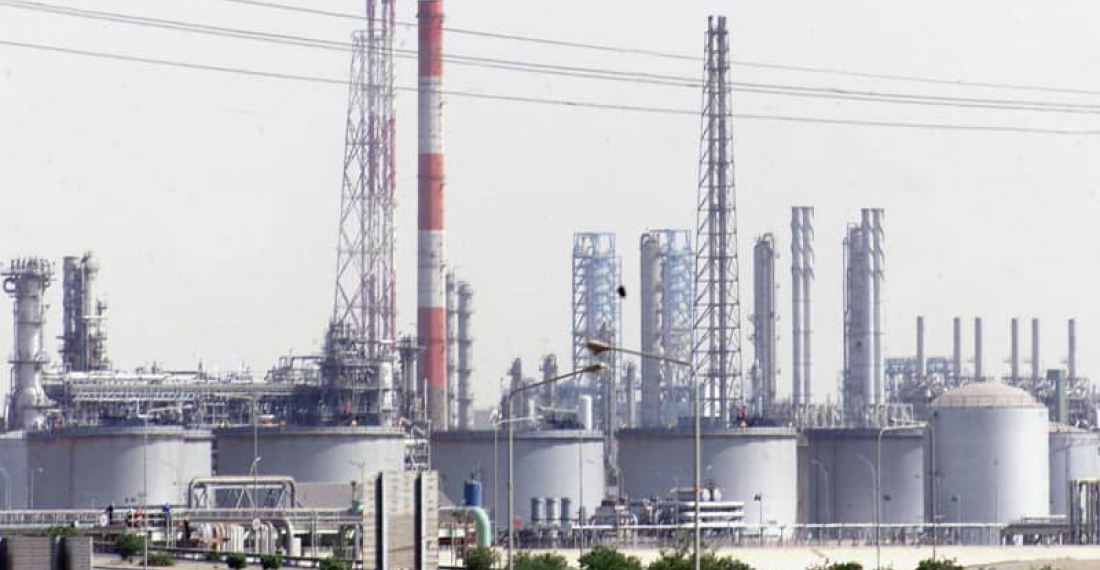A strategic oil facility in Saudi Arabia was attacked by Yemeni Houthi rebels on Thursday (25 March) evening, starting a fire.
A spokesman for the Saudi Ministry of Energy said the attack took place at about 21:00 local time in Jizan. As a result of shelling, a fire broke out at one of the fuel storage facilities, no one was injured. "We condemn this cowardly sabotage directed against vital facilities and aimed not only against the kingdom, but also against safe oil exports, stability of energy supplies to the world, freedom of global trade, as well as the entire world economy," the ministry said. It also noted that such actions have an impact on shipping and lead to serious environmental disasters in coastal areas and territorial waters.
Also on Thursday evening, Saudi air defence crews intercepted eight mined drones launched by the rebel Houthi movement from Yemen.
Two of the other drones intercepted were targeting the southwestern city of Khamis Mushait, while another targeted Najran near the Yemeni border. The rest targeted civilians and residential areas in other parts of southern Saudi Arabia.
A spokesman for the Saudi led coalition currently supporting the legitimate Yemeni government in its conflict with the Houthi rebels said that the militia tried to target universities in Jazan and Najran.
The attacks come only days after Saudi Arabia announced a new peace plan to end the crisis in Yemen, which included a comprehensive ceasefire, the reopening of Sanaa airport, easing restrictions on Hodeidah port, and restarting the political process in the country.
The conflict, which has lasted for more than five years, has created the largest humanitarian crisis in the world. According to the UN, over 24 million Yemenis - roughly 80% of the country's population - are in need of humanitarian assistance, and the number of internally displaced persons exceeds 3 million.







